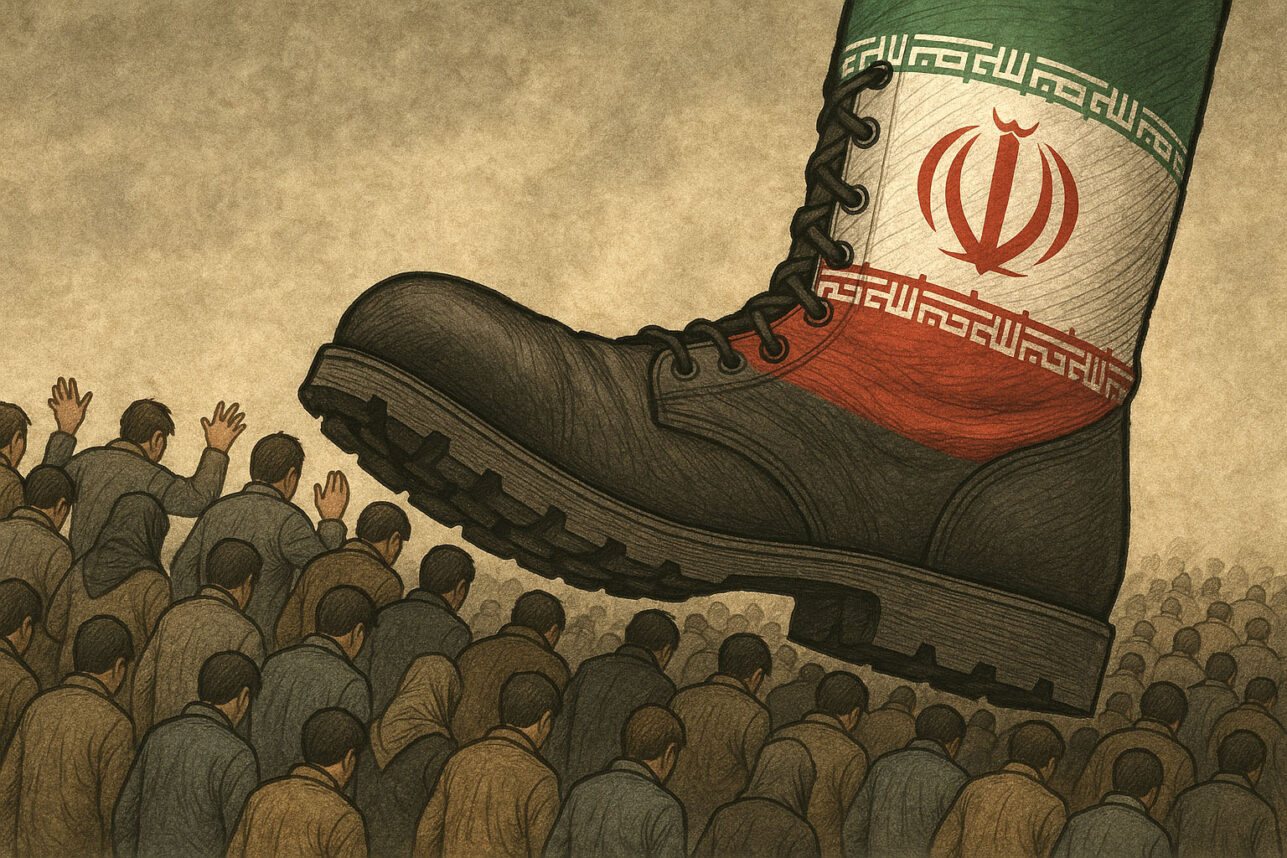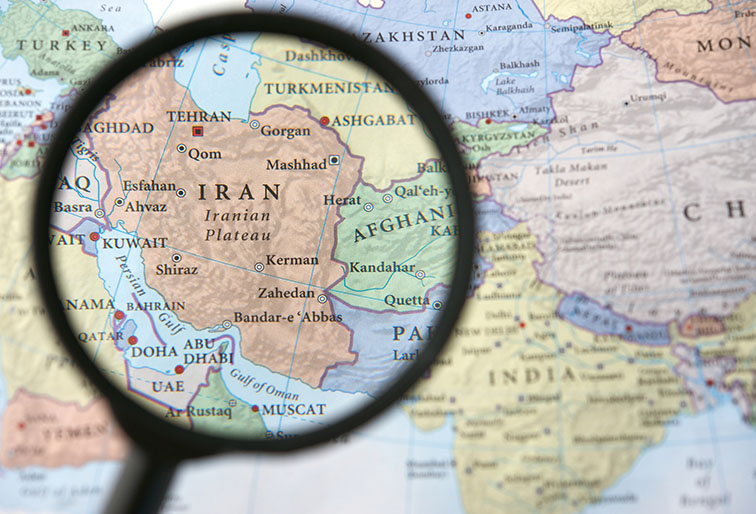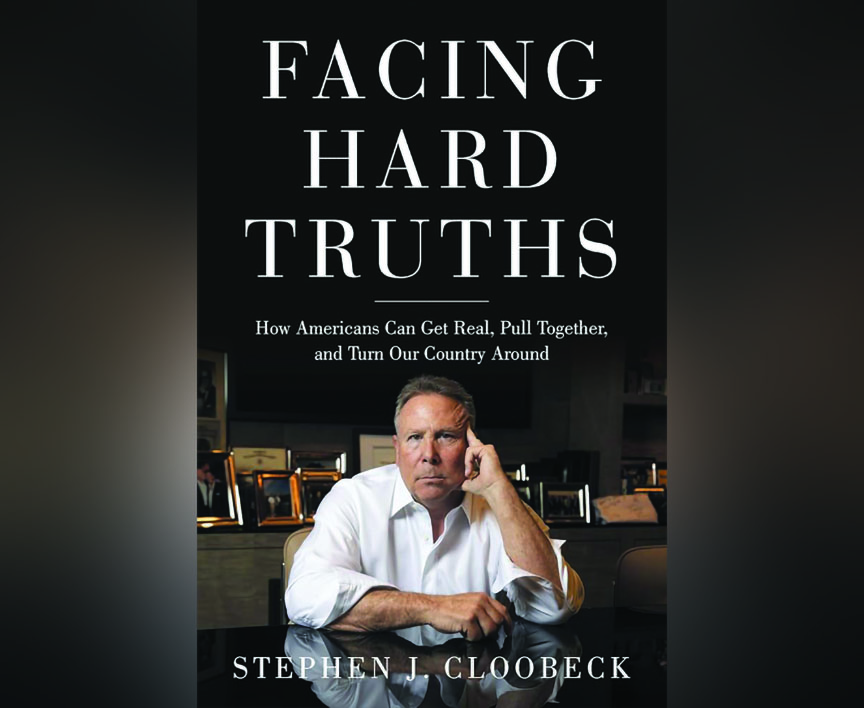Why is it that when Jews seek spiritual wisdom, they’ll go almost anywhere except their own traditions? Look into any cult, any radical new therapy, any metaphysical society or meditating community, and you’ll find Jews far beyond our proportion in the population. And should they come to Judaism, there is a thirst for the esoteric. “I want to learn your spiritual secrets!” an impassioned searcher says to me.
The truth is that the Jewish tradition does contain spiritual secrets to happiness, secrets to finding life’s meaning. There really is a buried wisdom. And where would something so infinitely precious be found?
No, they’re not hidden exclusively in esoteric works of mystical Kabbalah. Nor are they shrouded in obscure gematria — mathematical puzzles concealed in the Torah. To locate this wisdom, you needn’t play your “Fiddler on the Roof” records backward.
If they’re hidden anywhere, the secrets of Jewish spirituality are veiled in plain sight. They are found in the common books of Jewish tradition — in the Siddur, in the Bible, in the Haggadah. But these books are rarely seen as sources of wisdom, containing the answers to life’s deepest questions. For so long, we have taught them as “Bible stories” — charming, entertaining, but devoid of depth and power. We have taught them as decorous, formal ritual, empty of magic and meaning. We have offered them as sacred artifacts to sit in splendor on a shelf, far from the struggles and celebrations of real life. It’s really no wonder that Jews run elsewhere for enlightenment.
“Kedoshim tihyu” — “You will be holy, for I the Lord your God am holy.” This is a remarkable invitation to the world of Jewish spirituality. What follows is not readily recognizable as spiritual instruction. Indeed, it’s all about behavior. Holiness, it seems, grows out of holy living. But carefully tracing the word kedusha, holiness, in its contexts in Jewish life reveals a deep spiritual secret:
A family, a community of friends, gather at a Shabbat table, a Passover seder, in the Sukkah. A goblet of wine is raised, and a prayer called “Kiddush” is recited. “Kiddush” is a prayer of sanctification. But it is not the wine that is sanctified. Instead, the wine is a symbol of the sanctity, the preciousness, the sweetness of this moment. We are held together by sacred bonds of family, friendship, community and peoplehood. In these concentric circles, we share life — we share our joys, our sorrows, our dreams. These bonds of love, of loyalty, of common purpose, bring holiness and meaning to life. We belong to one another, to the generations that have been here before and that will follow us.
When two people pledge their lives to one another, in love, trust, support and responsibility, the same word is used. It is called kiddushin. When we lose someone close, when death tears our lives apart, we hold tightly to one another and to our loved one and recite a prayer called “Kaddish.” The same word kedusha means sanctification, holiness. And holiness is found in the bonds that hold us together and bring us close to God.
“The extended lines of our relations,” taught the philosopher Martin Buber, “meet in the Eternal Thou.”
Mrs. Shapiro had it right; it’s time to come home.
Ed Feinstein is the associate rabbi at Valley Beth Shalom. He replaces Rabbi Steven Z. Leder, who will be completing a book (along with synagogue responsibilities at Wilshire Boulevard Temple) during the next six months.
All rights reserved by author

































 More news and opinions than at a Shabbat dinner, right in your inbox.
More news and opinions than at a Shabbat dinner, right in your inbox.